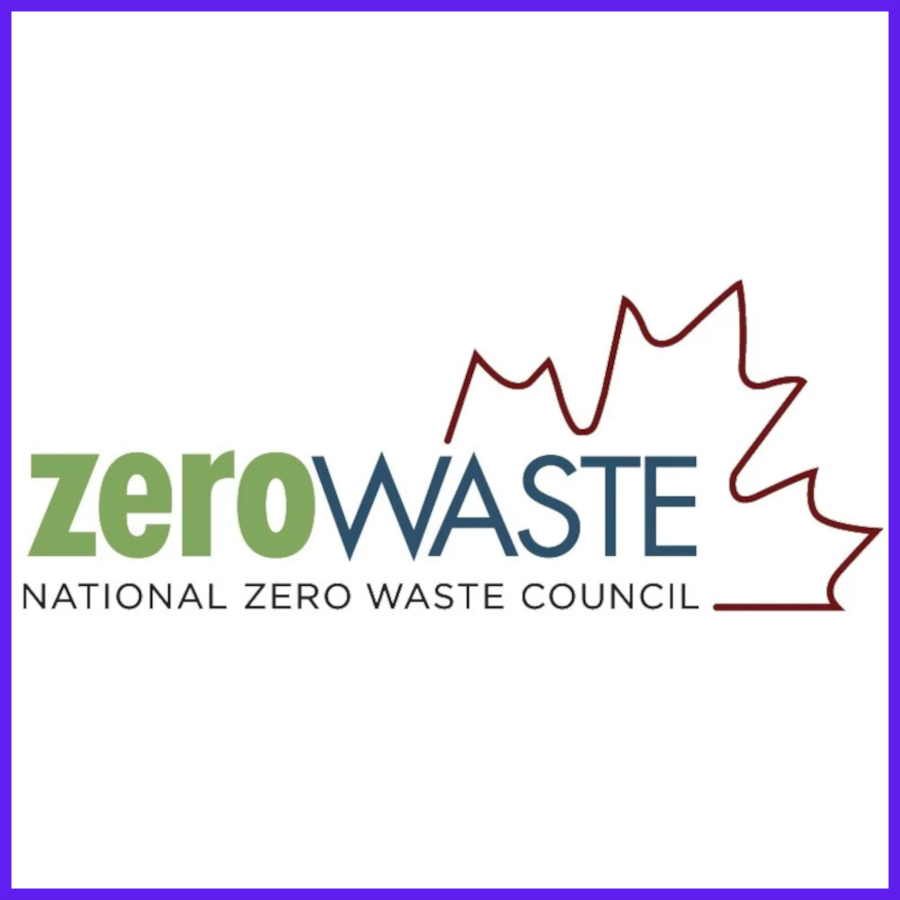Waste Prevention
Every year local governments in Canada spend approximately $3.2 billion managing 34 million tonnes of waste, according to Statistics Canada.
The National Zero Waste Council seeks to act collaboratively with business, government and the community, at the national and international level, as an agent of change for waste prevention and reduction in the design, production and use of goods.
RCBC participates as a member of the National Zero Waste Council Management Board, contributing to the Council’s strategic development, business planning and operations.

Through cross-sectoral collaboration, the National Zero Waste Council actively seeks out and highlights the best and the brightest ideas to inspire mainstream adoption of circular business models with a focus on material reuse. This also includes smarter product and packaging designs that protect the environment while minimizing costs and creating widespread economic opportunities. By participating in the NZWC, RCBC is able to collaborate with governments, businesses, and NGOs to advance a waste prevention and circular economy agenda that maximizes economic opportunities for progressive innovators – ensuring all materials and products continue to circulate at their highest and best use. A Management Board comprising a Chair, Vice Chair and 28 members at large governs the Council. Through our Executive Director, Lyndsay Poaps, we hold an elected seat for the 2021/2023 term on the management board. RCBC’s focus for our work at the council is moving up the waste hierarchy and pursuing reuse options for the province. RCBC is focused on listening, learning from others and speaking strongly for approaches that move the region up the waste hierarchy, increase diversion rates, and minimize waste generation.
The National Zero Waste Council brings together organizations to advance waste prevention and the circular economy in Canada.